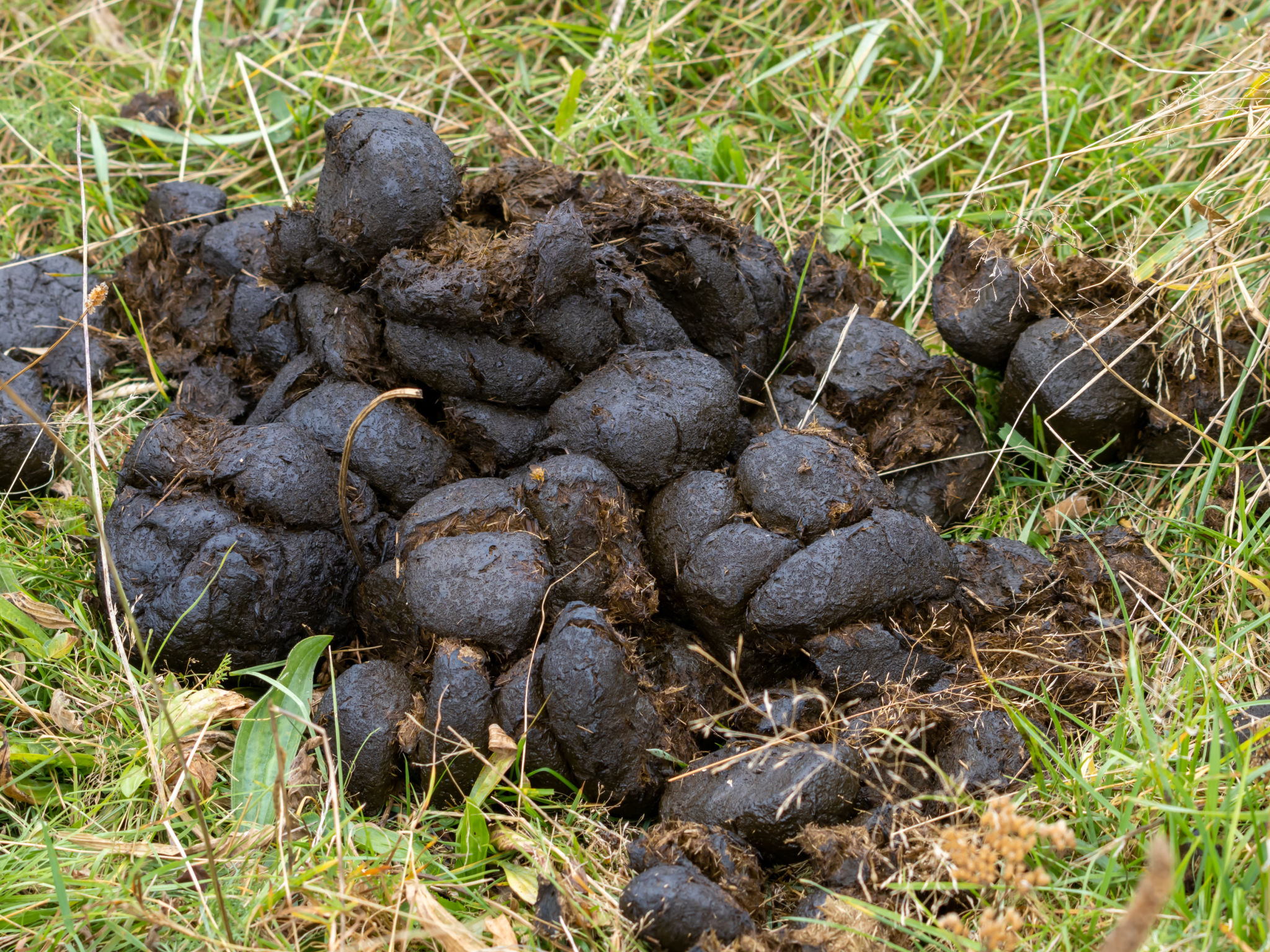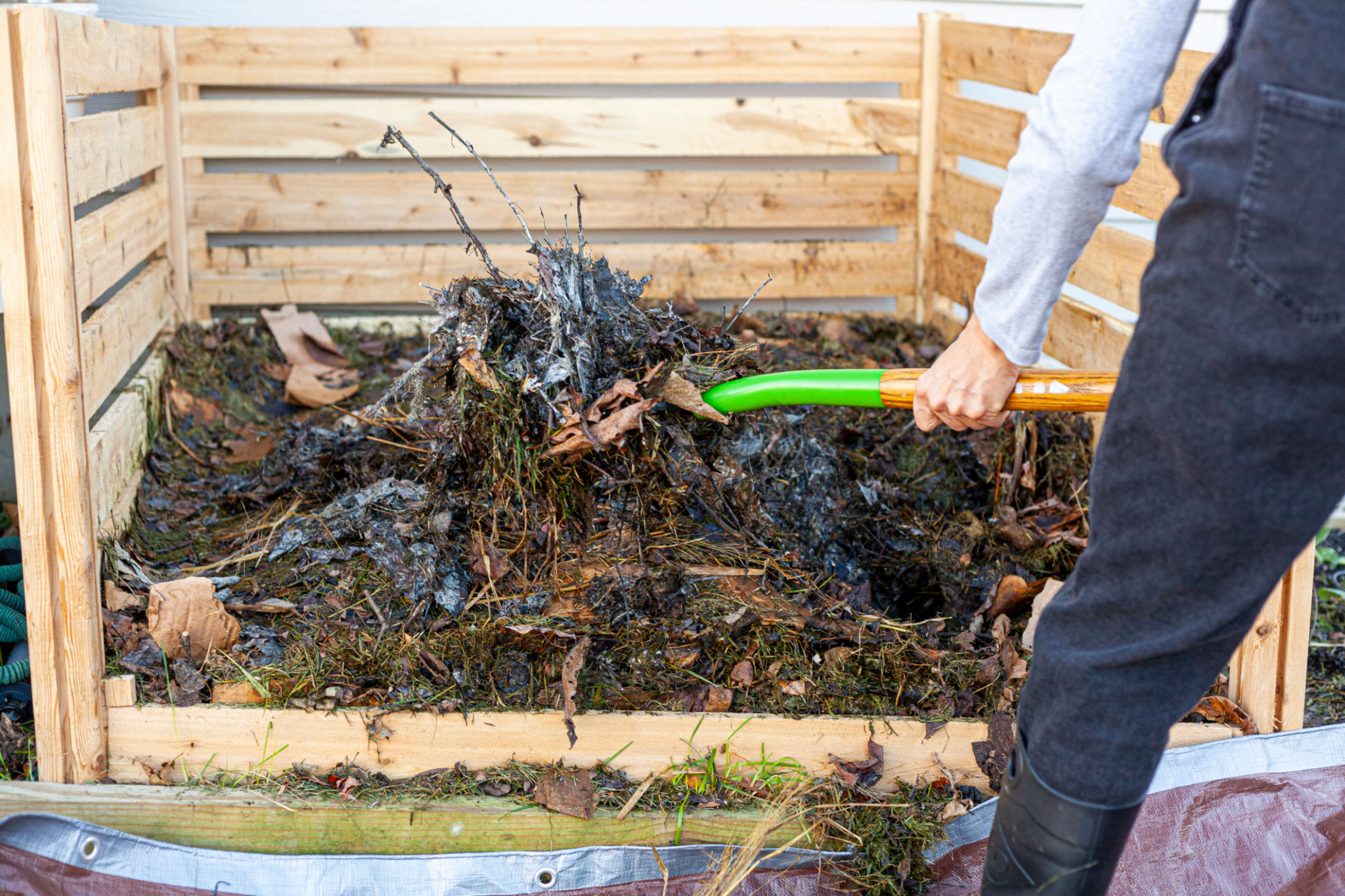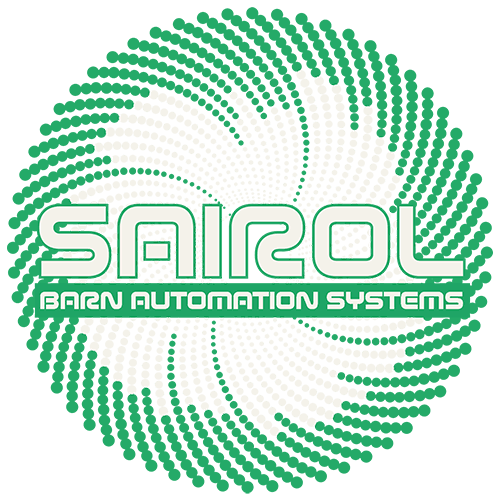Case Study: Successful Equine Waste Management at Local Farms
Introduction to Equine Waste Management
Managing equine waste effectively is a significant challenge for many local farms. With horses producing substantial amounts of manure daily, finding sustainable and efficient methods to handle this waste is crucial. This case study explores how local farms have successfully implemented innovative equine waste management strategies.
Traditional methods of manure disposal are not only labor-intensive but can also have negative environmental impacts. As awareness grows about sustainable farming practices, local farms are exploring new technologies and processes to improve waste management.

Innovative Approaches to Waste Management
Several local farms have adopted novel solutions to tackle equine waste. One of the most effective techniques has been composting. By turning manure into compost, farms can recycle waste into nutrient-rich fertilizer, which can be used to enhance soil quality and promote healthy crop growth.
Another approach involves the use of anaerobic digestion systems. These systems convert manure into biogas, a renewable energy source that can be used for heating or electricity. This not only reduces waste but also provides an additional revenue stream for the farms.
Benefits of Composting
- Reduces the volume of waste.
- Improves soil health and fertility.
- Decreases the need for chemical fertilizers.
- Minimizes odors and flies associated with raw manure.

Case Study: Local Farm Success Stories
A local horse farm in the region has become a model for successful equine waste management. By investing in a state-of-the-art composting facility, the farm has reduced its manure disposal costs significantly. The compost produced is sold to neighboring farms and local gardeners, providing an additional source of income.
Another farm has implemented a comprehensive waste management program that includes both composting and biogas production. This dual approach has maximized resource efficiency and minimized environmental impact, setting a benchmark for other farms in the area.
Steps to Implement an Effective Waste Management System
- Conduct a waste audit to understand current waste management practices and identify areas for improvement.
- Research and invest in suitable technologies like composting or anaerobic digestion systems.
- Train farm staff on new waste management procedures and best practices.
- Monitor the system regularly and make adjustments as needed to ensure optimal performance.

Conclusion
Effective equine waste management is crucial for sustainable farming and environmental protection. By adopting innovative solutions like composting and biogas production, local farms can reduce waste, enhance soil health, and even create new revenue streams. These success stories serve as an inspiration for other farms seeking to improve their waste management practices.
The journey towards sustainable equine waste management requires commitment and investment, but the benefits are clear. As more farms embrace these practices, the entire community stands to gain from improved environmental health and economic opportunities.
